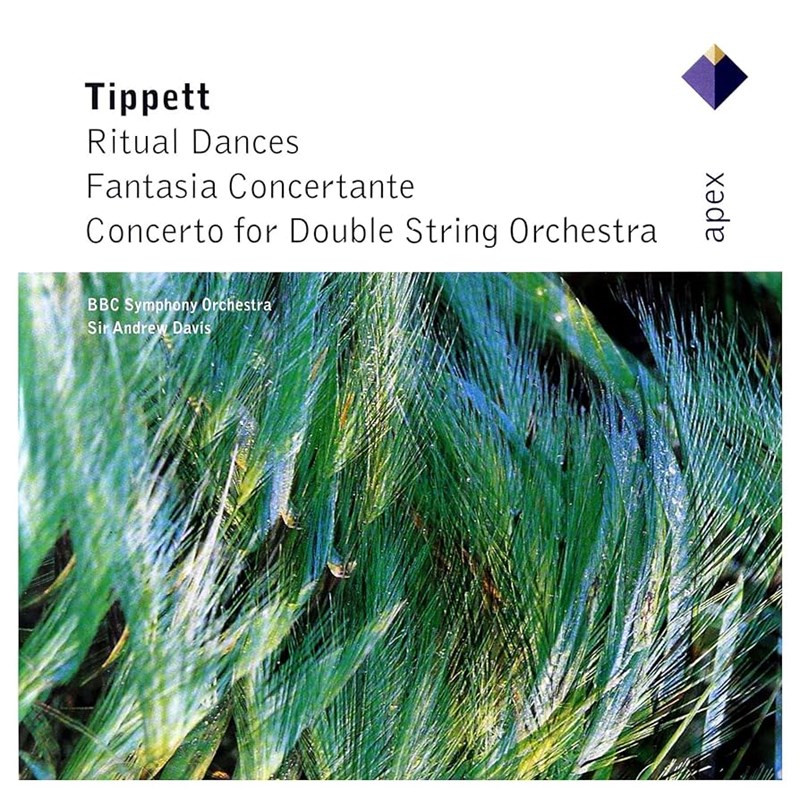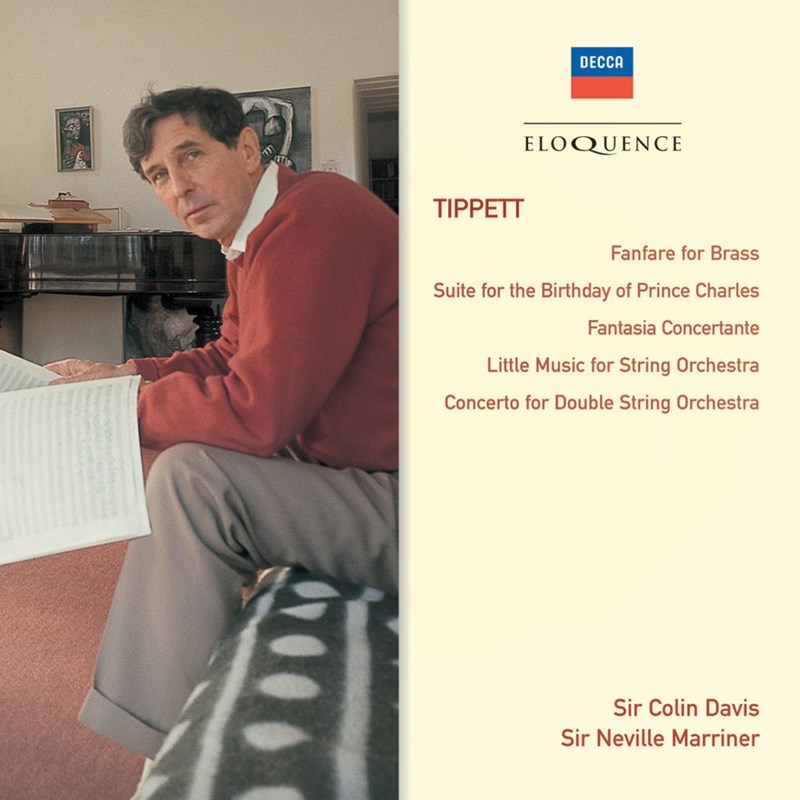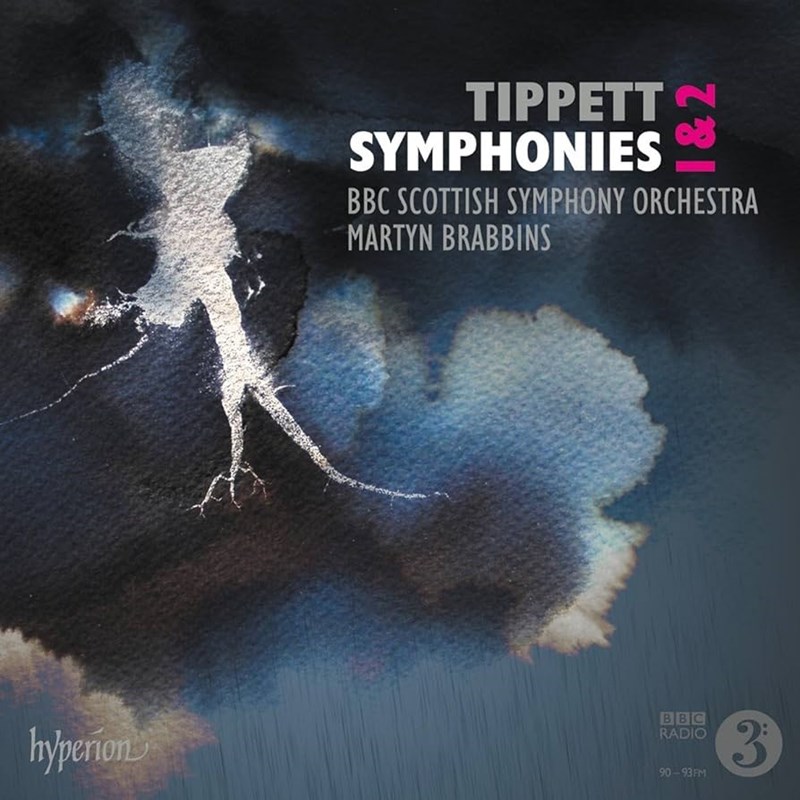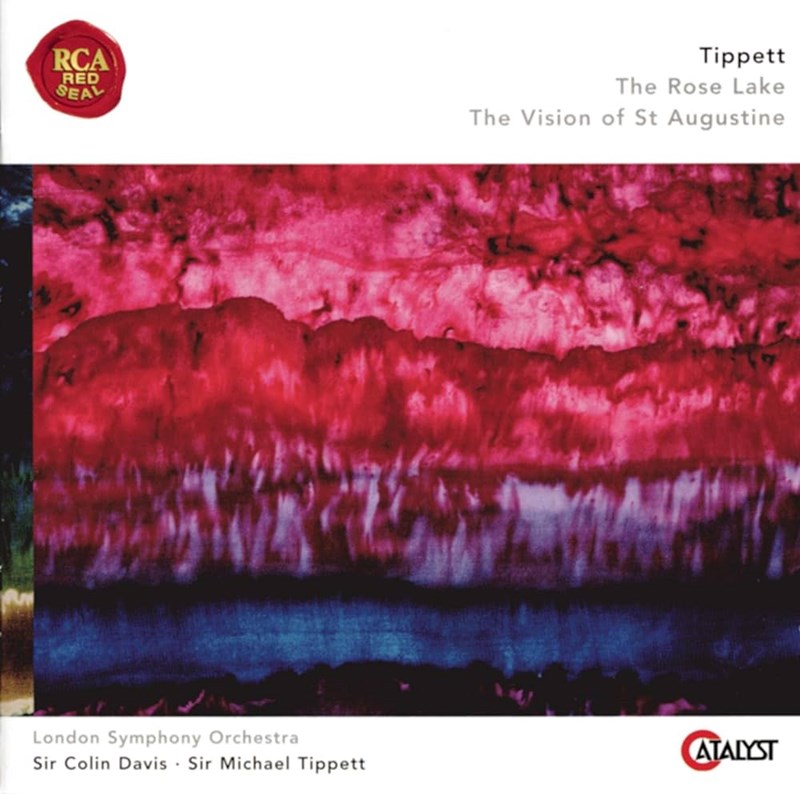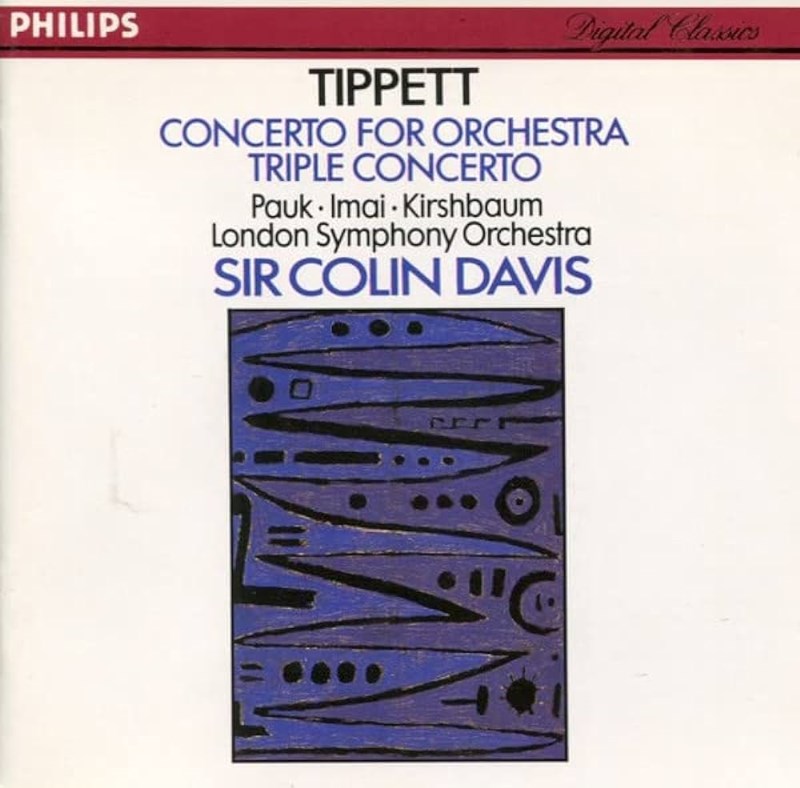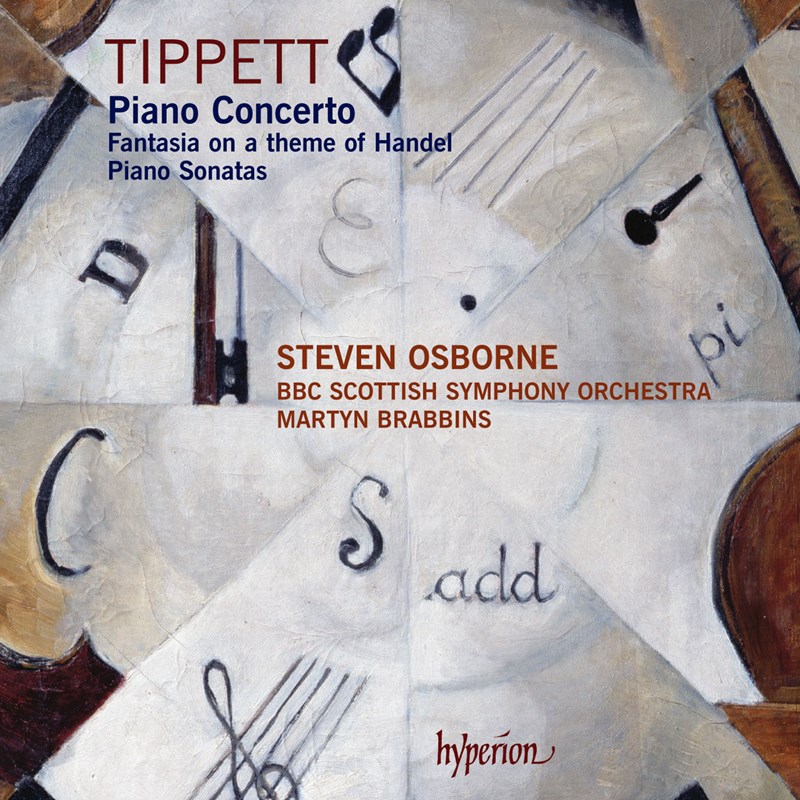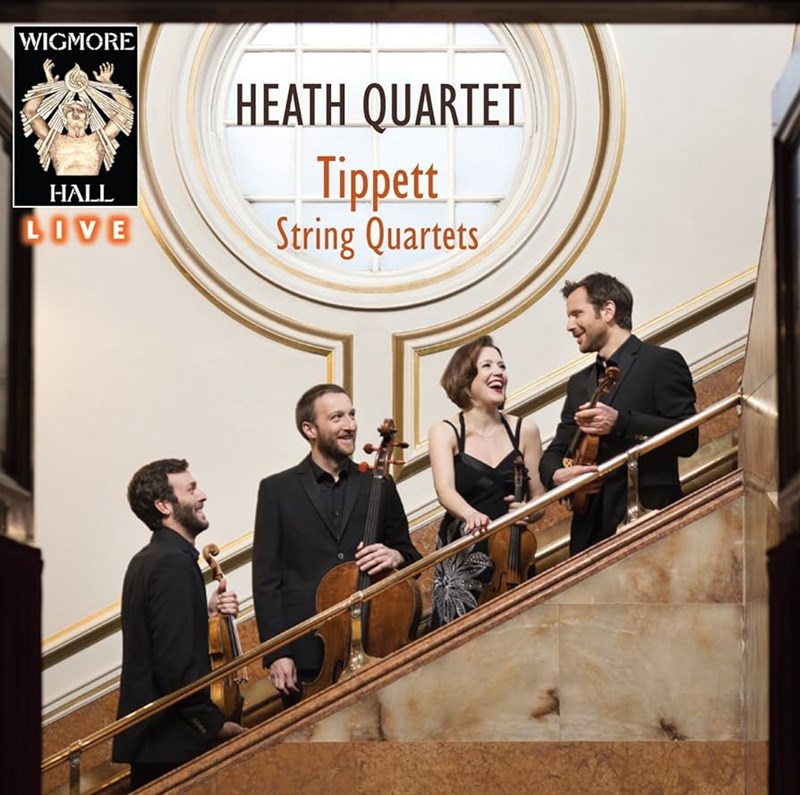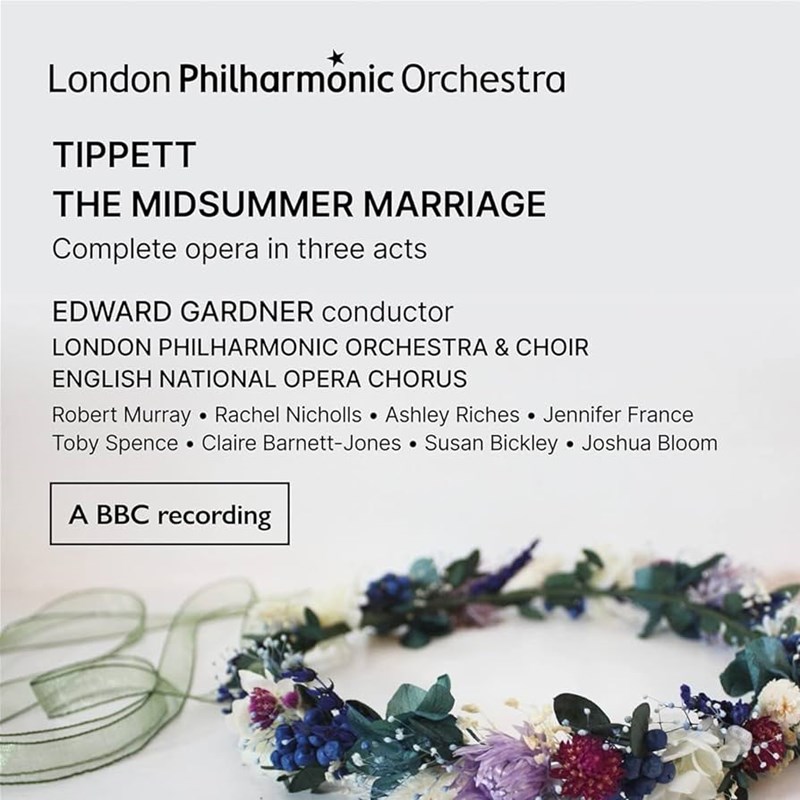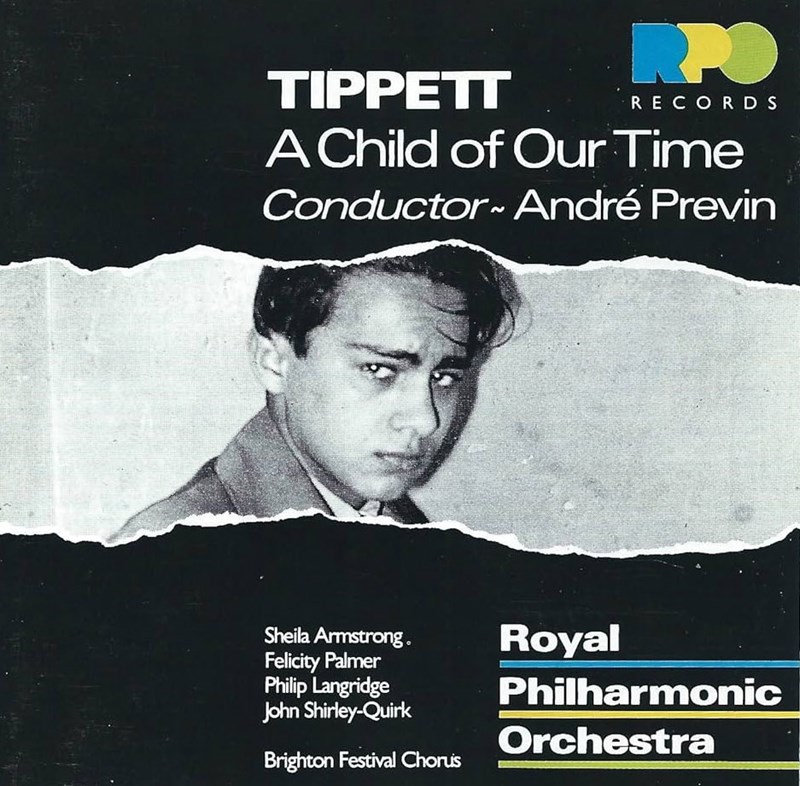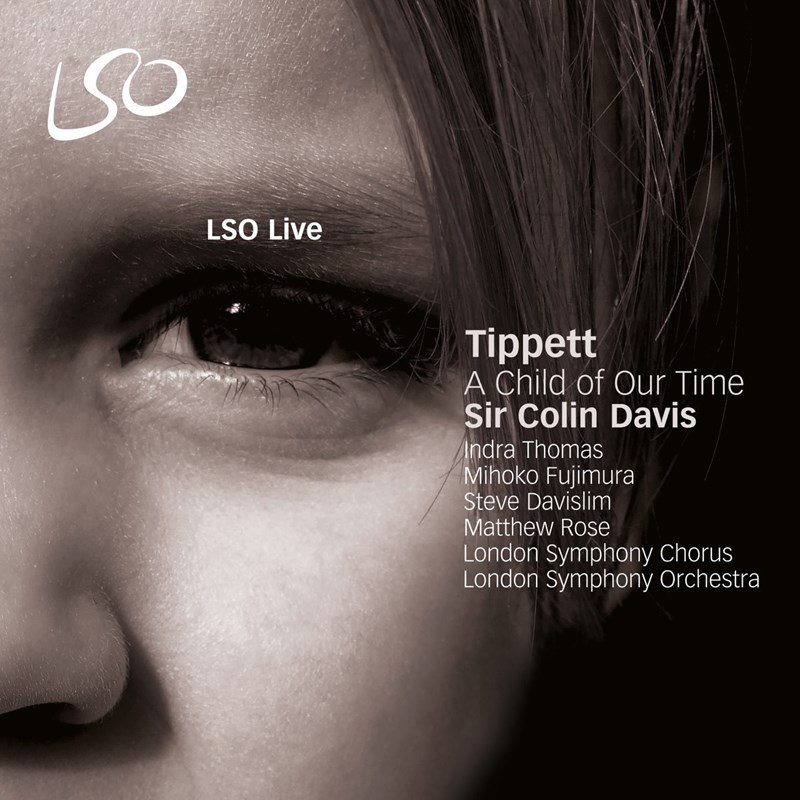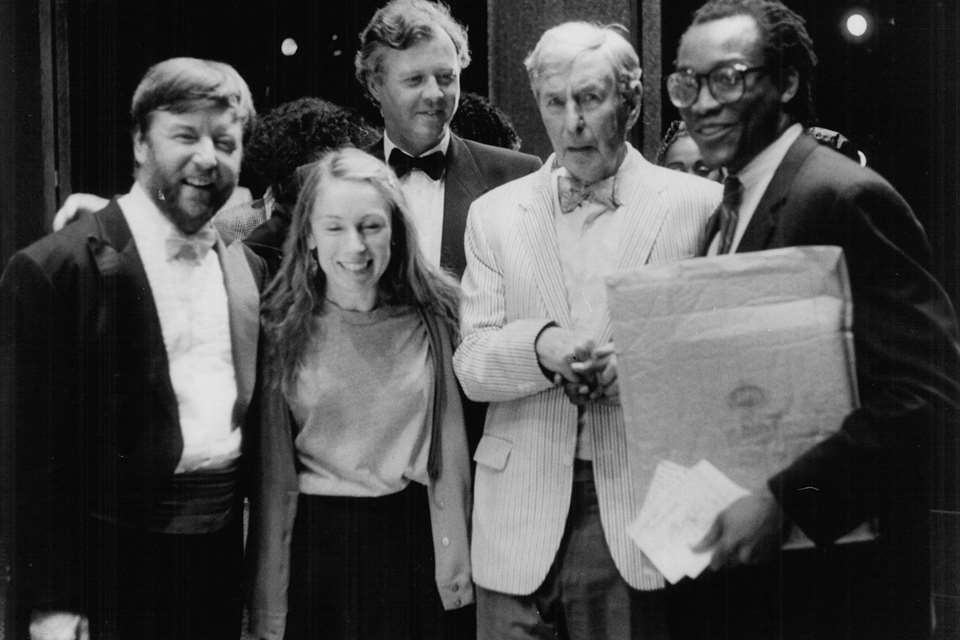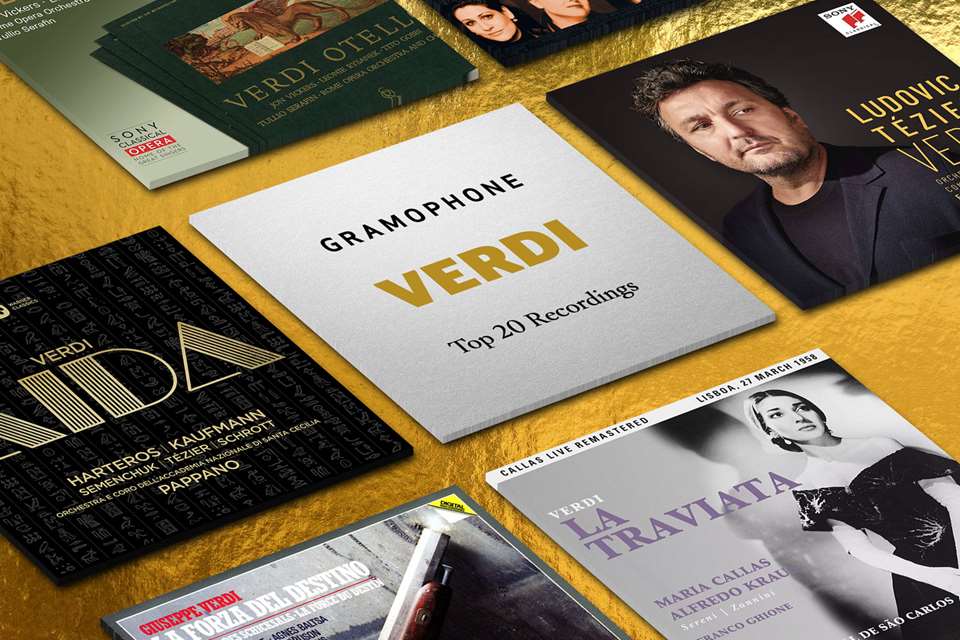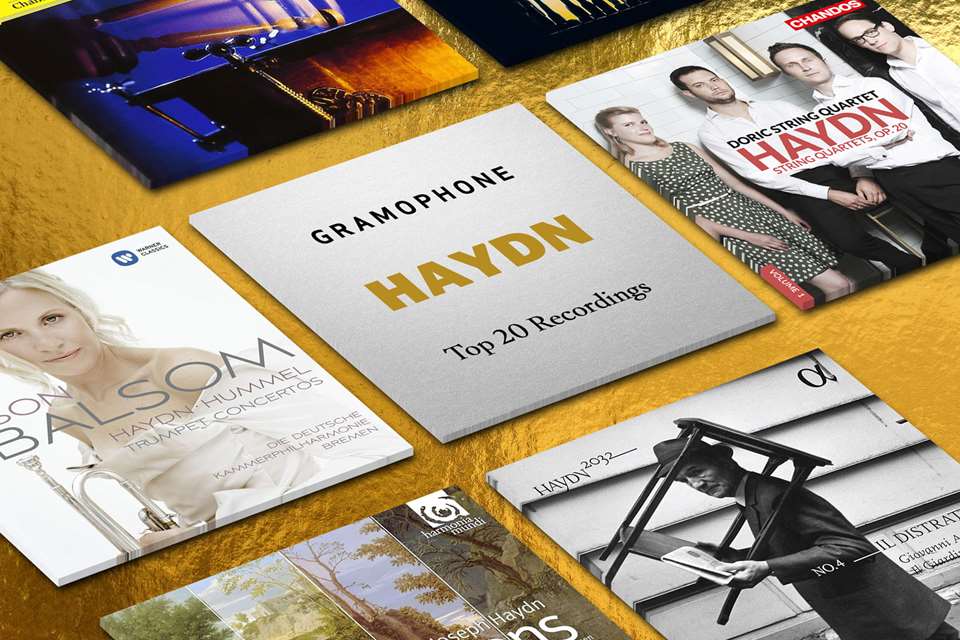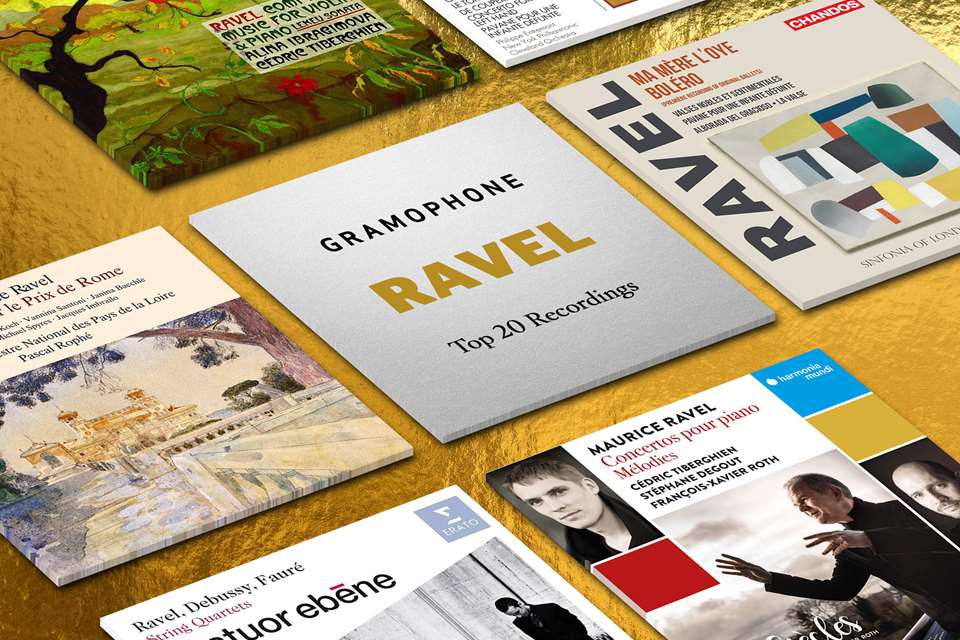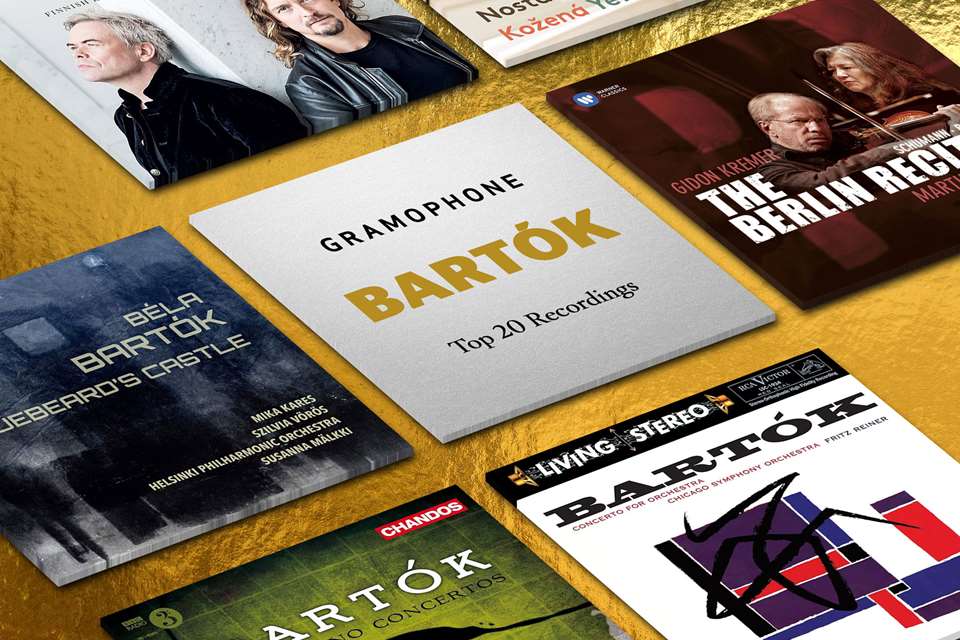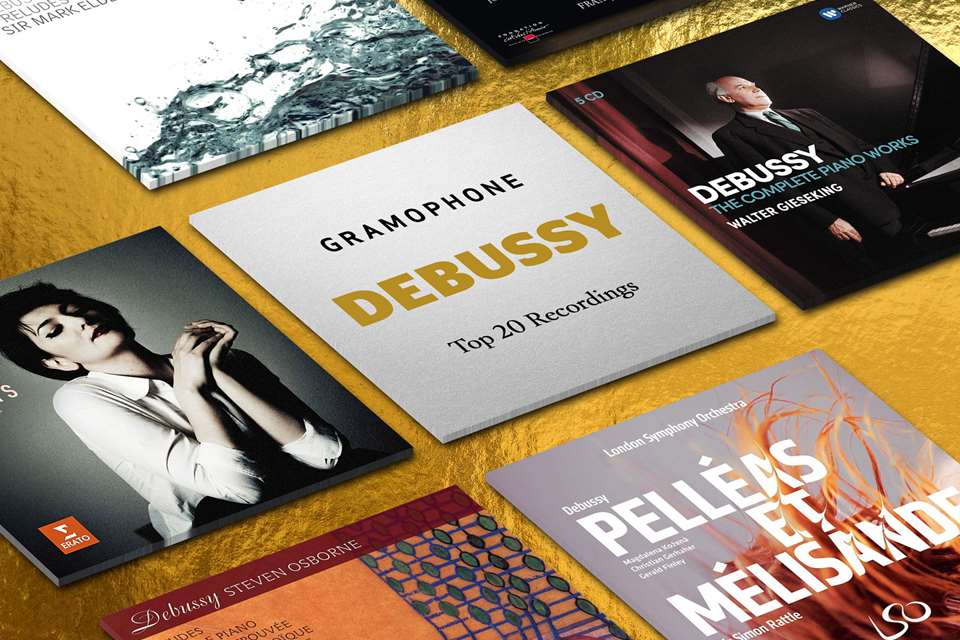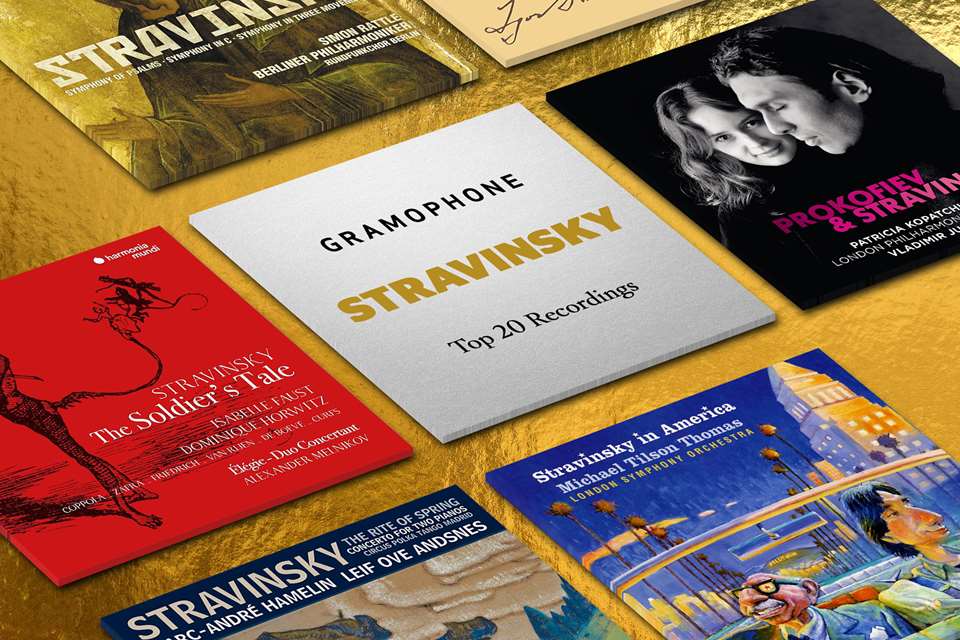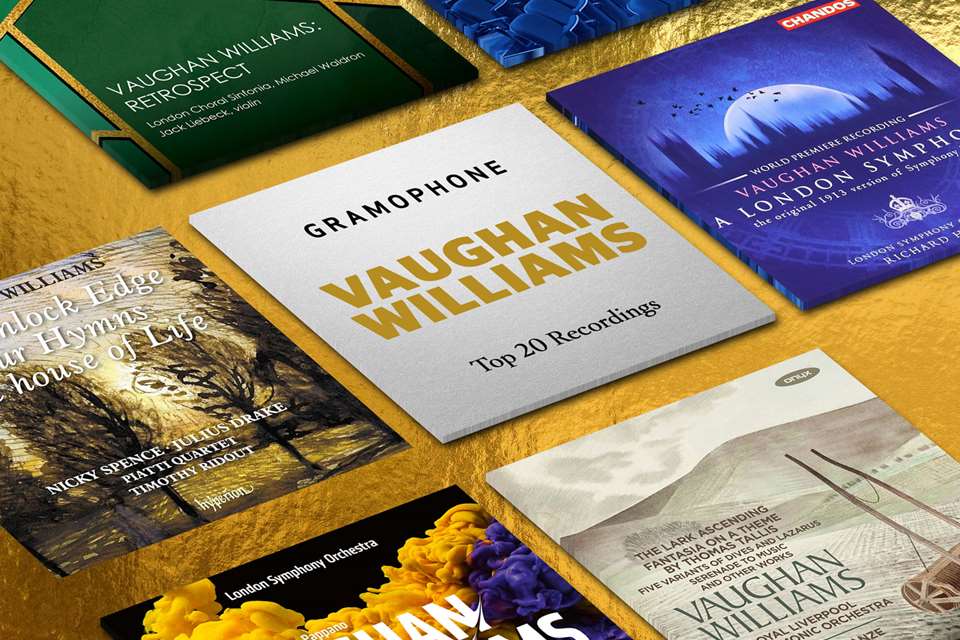Michael Tippett: Top 10 Recordings
Thursday, April 25, 2024
Ten outstanding recordings of Tippett's music from Colin Davis, Andrew Davis, Martyn Brabbins, Richard Hickox, Heath Quartet and more
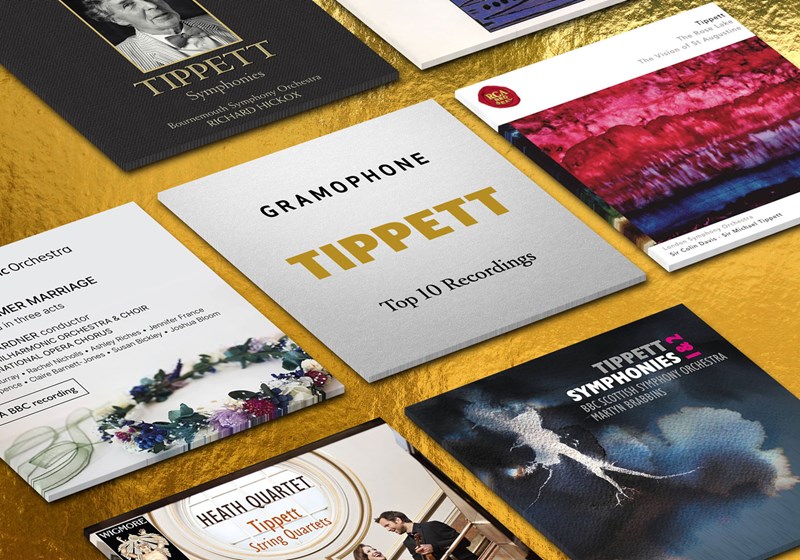
Tippett's music is hard to categorise, unmistakably English but quite dissimilar in aim and content from his contemporaries Walton and Britten. He has nothing to do with atonalism or minimalism yet writes resolutely complex music which takes time to appreciate and absorb; his lyrical neo-romantic impulses are obscured by his individual expression of harmony and rhythm.
Each of the recordings below should be seen as a leaping-off point for fresh discoveries and many of them were Editor's Choice recordings and recipients of Gramophone Awards – we are sure that they will give you many hours of listening pleasure.
If you are interested in reading the best classical music reviews and discovering great new recordings every month then do consider subscribing the Gramophone, we'd love you to join us. Explore our subscription offers here: magsubscriptions.com
Ritual Dances. Concerto for Double String Orchestra. Fantasia concertante on a Theme of Corelli
Michael Davis, Jacqueline Hartley, Paul Watkins; BBC Symphony Orchestra and Chorus / Andrew Davis (Warner Apex)
‘A Tippett conductor of proven pedigree and insight‚ Sir Andrew Davis masterminds a distinguished set of performances‚ that of the sublime Fantasia concertante on a Theme of Corelli striking me as altogether remarkable in its unquenchable spirit‚ lyrical fervour and inspirational sweep.’ (Andrew Achenbach)
Concerto for Double String Orchestra. Fantasia concertante on a Theme of Corelli. Little Music
Academy of St Martin in the Fields / Neville Marriner (Decca Eloquence)
‘Tippett’s music of all periods can sing and dance with the sheer joy of living, and this recording conveys its exhilaration and passion with unique conviction – an irreplaceable classic in its own right.’ (Geraint Lewis, Classics Reconsidered, May 2020)
Symphonies Nos 1 & 2
BBC Scottish Symphony Orchestra / Martyn Brabbins (Hyperion)
‘Brabbins gives the music maximum cogency. In particular, he shapes the tricky finale so persuasively that its climactic surges of melody and the vibrant cadences in which they find a degree of repose have an affirmative yet ambivalent inevitability that must surely be exactly what Tippett was aiming at.’ (Arnold Whittall, January 2018)
Complete Symphonies
Bournemouth Symphony Orchestra / Richard Hickox (Chandos)
‘The balance Hickox achieves between attention to detail and large-scale symphonic sweep is exemplary, and especially impressive in the tricky finale of Symphony No 2, where he conveys the essential ambiguity of an ending which strives to recapture the optimistic élan of the work's opening without ever quite managing it.’ (Arnold Whittall, October 1994)
The Rose Lake & The Vision of St Augustine
London Symphony Orchestra / Colin Davis; Michael Tippett (RCA Red Seal)
‘This, in short, is an essential coupling for all admirers of Tippett’s music. Sir Colin Davis’s account of The Rose Lake is as urgently communicative as Tippett’s own of the cantata, and the older recording is by no means put in the shade by the newer: both are excellent.’ (Michael Oliver, January 1998)
Concerto for Orchestra & Triple Concerto
Gyorgy Pauk, Nobuko Imai, Ralph Kirshbaum; London Symphony Orchestra / Colin Davis (Philips)
‘These soloists are masterly; but so is the orchestra, which has some passages of the greatest difficulty, and includes such unusual instruments as the bass oboe. Sir Colin directs it all with an amazing sense of freedom for so closely composed and still novel a work.’ (John Warrack, February 1983)
Piano Concerto & Piano Sonatas
Steven Osborne pf BBC Scottish Symphony Orchestra / Martyn Brabbins (Hyperion)
‘The eloquence and fantasy of what is undoubtedly one of the major works of the 1950s is superbly projected in a performance which need fear no comparison with the best earlier recordings, by John Ogdon (EMI, 12/91R) and Howard Shelley (Chandos, 4/95).’ (Arnold Whittall, December 2007)
String Quartets Nos 1-5
Heath Quartet (Wigmore Hall Live)
‘Caution is thrown to the winds most memorably in the Fourth Quartet, the cycle’s charged flashpoint. The Heaths maintain tension throughout, withholding arrival-points from this birth-to-life narrative, whereas The Lindsays allow breathing space in the central, Bartókian nocturne. Both approaches are persuasive, but no one has dramatised the finale’s palindrome, with a spooky hall of mirrored harmonics at its centre, with the poise of the Heaths. A tremendous achievement.’ (Peter Quantrill, March 2016)
The Midsummer Marriage
Robert Murray, Rachel Nicholls, Ashley Riches, Jennifer France, Toby Spence, Claire Barnett-Jones, Susan Bickley, Joshua Bloom; London Philharmonic Chorus, London Philharmonic Orchestra / Edward Gardner (LPO)
‘To assemble all this for a concert, with its inevitable limited rehearsal schedule compared to the stage, is not the least of Edward Gardner’s fluent achievements here. That special fire, and its cunningly chosen cast, sets this new release above the hard-worked Colin Davis set, which has been invaluable in the intervening years since its late-1960s origin. Gardner’s is more than warmly recommended as both reminder of and entrée to Tippett’s achievement.’ (Mike Ashman, Awards issue 2022)
A Child of Our Time
Royal Philharmonic Orchestra / André Previn (RPO)
‘André Previn brings a composer’s sympathy and insight into this flowing account which has the advantage of a perfect quartet of soloists: John Shirley-Quirk on top form and Philip Langridge by a very wide margin the best tenor ever to have recorded this great work.’ (Geraint Lewis, Gramophone Collection, July 2014)
The recording above can be hard to find – an outstanding alternative is:
A Child of Our Time
London Symphony Orchestra / Colin Davis (LSO Live)
‘Some collectors will not be persuaded that Sir Colin could ever match let alone outdo his first, 1975 recording of the work. Nevertheless, the enduring significance of the piece for him is palpable right through to the superbly shaped account of the final Spiritual, “Deep River”. There are emotional depths here which turn this recording into something very special.’ (Arnold Whittall, August 2008)




